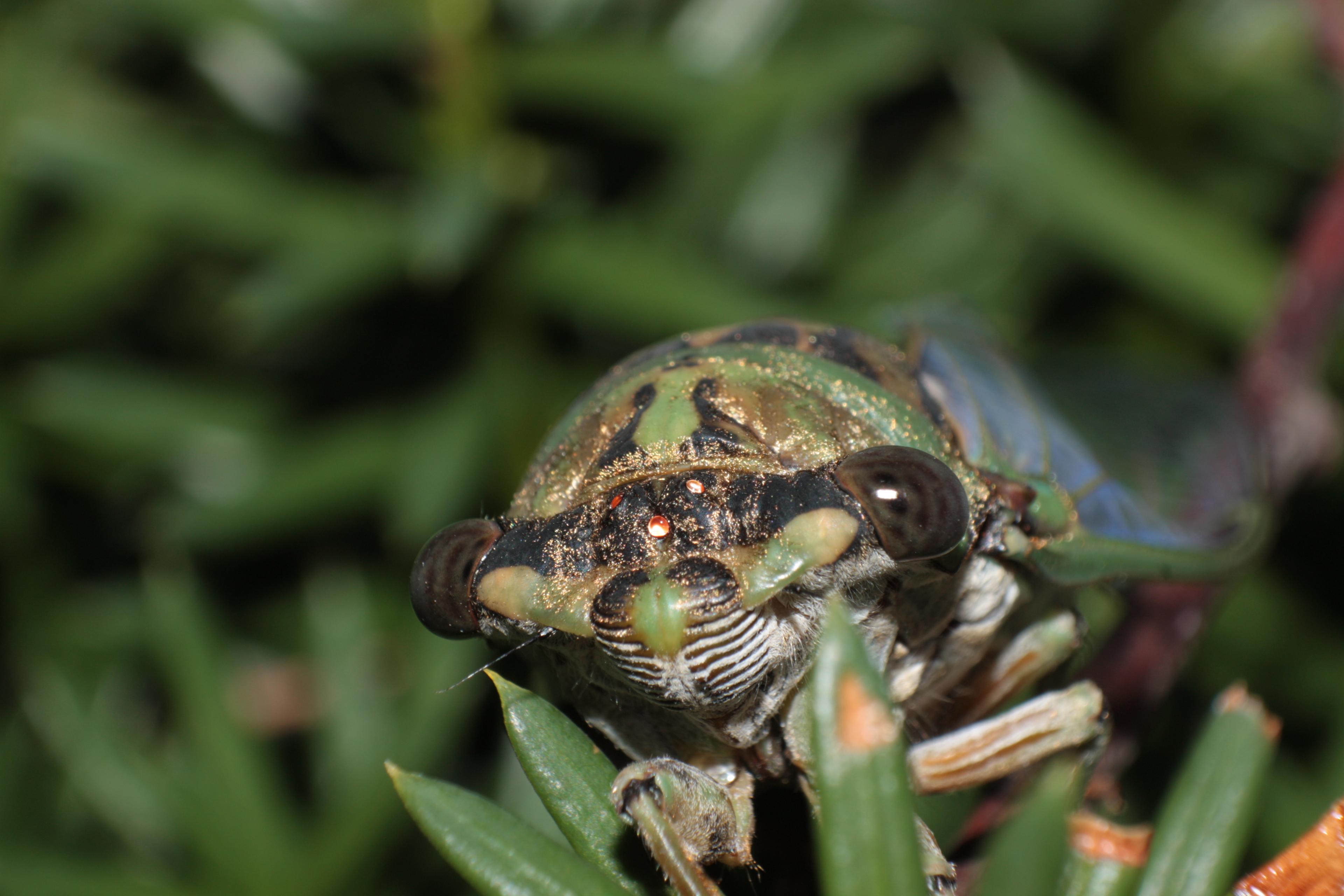
If you think it's been a busy year for cicadas, you’re actually looking into the past.
That’s because of the noisy bugs' intriguing life cycle. The humming we hear throughout the summer comes from cicadas that have emerged after years of growing underground.
“They live a very long time as immature. So their parents might've had a really good year five years ago. And then they were able to lay a bunch of eggs, and those eggs were hatched and they were able to be very successful,” said Mario Padilla, an entomologist at the Butterfly Pavilion. “And then five years later we might see the repercussions of that.”
Cicadas won't return to their burrows as the leaves change. The bugs only live as adults for a month, maybe six weeks. But they will have laid eggs for the next generation of summertime singers.
They have a fancy name that links them to not-so-fancy cousins.
Cicadas belong to a classification of insects called "true bugs." Sounds prestigious! But other notable true bugs that share DNA include the aphid and the stinkbug, making the cicada perhaps the flashiest member of the family.
That signature sound requires a signature organ.
And it's called the tymbal. When you hear cicadas thrumming along, it's only the males who are making the noise as part of the cicada courtship ritual. The tymbal is located in the back half of the bug, along an almost completely hollow abdomen.
When a male cicada flexes its tymbal muscles in a certain way, that hollow space helps the sound "reflect," as Padilla puts it.
"So it's really hard to pinpoint where they are. It's not coming from one direction, but it's kind of humming in all directions," Padilla said.
What are those baby cicadas doing in the ground all those years?
Eating. Years and years of eating. (Bugs, they're just like us!) Specifically, young cicadas are munching away on the sap from the roots of trees. Cicadas lay their eggs in plants, from which newly hatched nymphs will fall onto the ground and burrow down to find their food supply.
Climate change may continue to altar the cicada lifestyle.
Warmer weather can affect when and how many cicadas emerge for a couple of reasons. For one, mild winters could mean frost goes less deep into the ground, so more burrowed baby cicadas survive to emerge later on. For the same reason, historically colder areas could see more cicadas move in, and in warmer areas they could emerge earlier and earlier.









